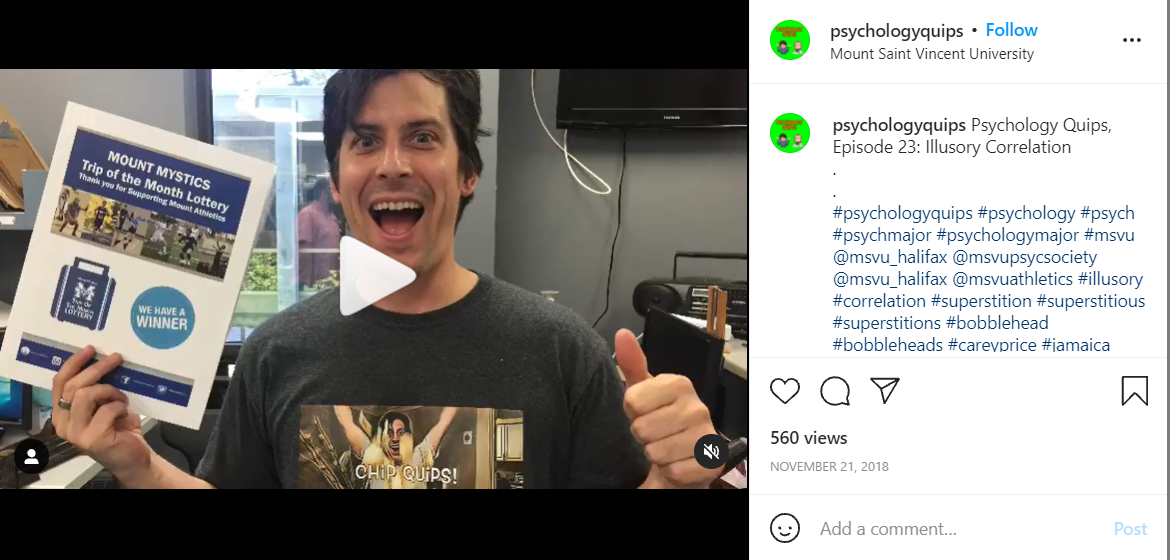The 2021 JoVE Science Education and Research Innovation Awards aimed to recognize and celebrate creative solutions to assist faculty members worldwide in joining the future-focused learning network. This series of blog posts consolidates themes, notes, and resources collated from outstanding entries received from faculty members worldwide. It includes meaningful insights and innovative ideas from a global community of educators, aiming to accelerate the transformation and deepen the impact of science courses. Read further to begin the transformation of your science courses!
Fighting for Students' Attention with Their Smartphones
Will Shead, Associate Professor of Psychology at Mount Saint Vincent University, shares his experience on how he could turn the distracting and "time-sucking" modern technology, such as cell phones, to his advantage.
He comes from an era when transparencies and overhead projectors were commonplace in university classrooms, social media didn’t exist, and mobile devices were luxuries reserved for medical residents. He admits that his cohort tends "to romanticize that era, dismissing the smartphone as a time-sucking scourge." Although privately they recognize the potential of modern technology and its usefulness in the classroom, they keep ignoring it, slowing down innovation in education.
In his submission, Will shares, "There was a time when I was militant about phone usage in class ... I took it personally. Surely, my instruction was much more riveting than whatever nonsense was streaming from their blasted pocket computers. I even threatened them with a “Cell Phone Box of Shame” ... It took far too long to realize that my approach to improving student engagement was all wrong. You can’t force students to love the content you teach. You can’t threaten their attention. One must earn it."
Is the Fight Worth It, or Is There a Better Way?
Instead of fighting with the next generation, he decided to meet them halfway on the "Information Superhighway." Will and another professor, Dr. Derek Fisher, created Psychology Quips. It’s an Instagram series consisting of 1-minute videos in which demonstrate different psychology concepts in engaging ways.
The process of producing @PsychologyQuips videos is straightforward – Will takes a psychology concept and comes up with an amusing way to demonstrate it. After a script revision with Derek, they film the episode with a phone camera. Derek usually has the most complicated dialogue featuring the educational elements of the script. Will, in his turn, has a couple of pithy lines emphasizing his ignorance. After editing the video on the phone, it gets published on Instagram. The videos are available for anyone to see on the @PsychologyQuips Instagram account, allowing students to compare concepts to their day-to-day experiences and offer respite from the mundanity of textbooks and didactic teaching.
Videos in Action
Will utilize these videos to arouse interest in psychology among students and drop these clips into lectures, when relevant, to promote learners' engagement. For example, he has recently developed a self-guided asynchronous version of the Introduction to Psychology course and sprinkled in a few episodes for every module.
"The beauty of these videos is that they’re only a minute long. So, the challenge is to capture a student’s interest and teach them something in sixty seconds or less. Fortunately, psychology is inherently fascinating because it’s everywhere in our day-to-day lives. Psychology Quips allows us to illustrate these examples in a relatable and entertaining manner."

Contact our Customer Success team to request a free syllabus mapping of JoVE videos to your course.

